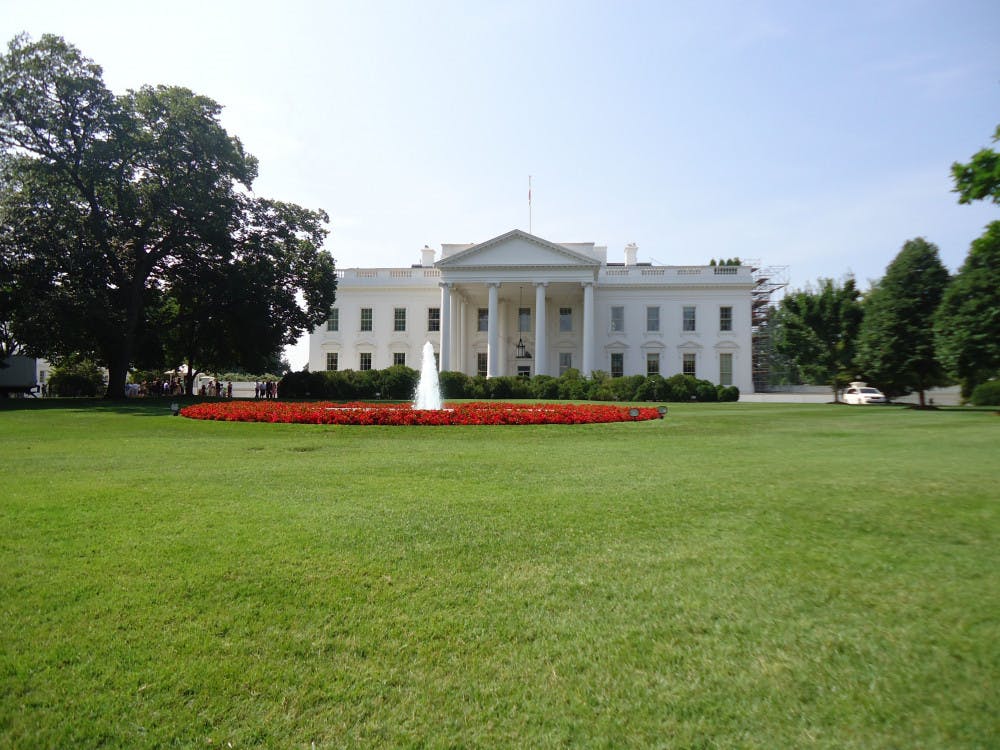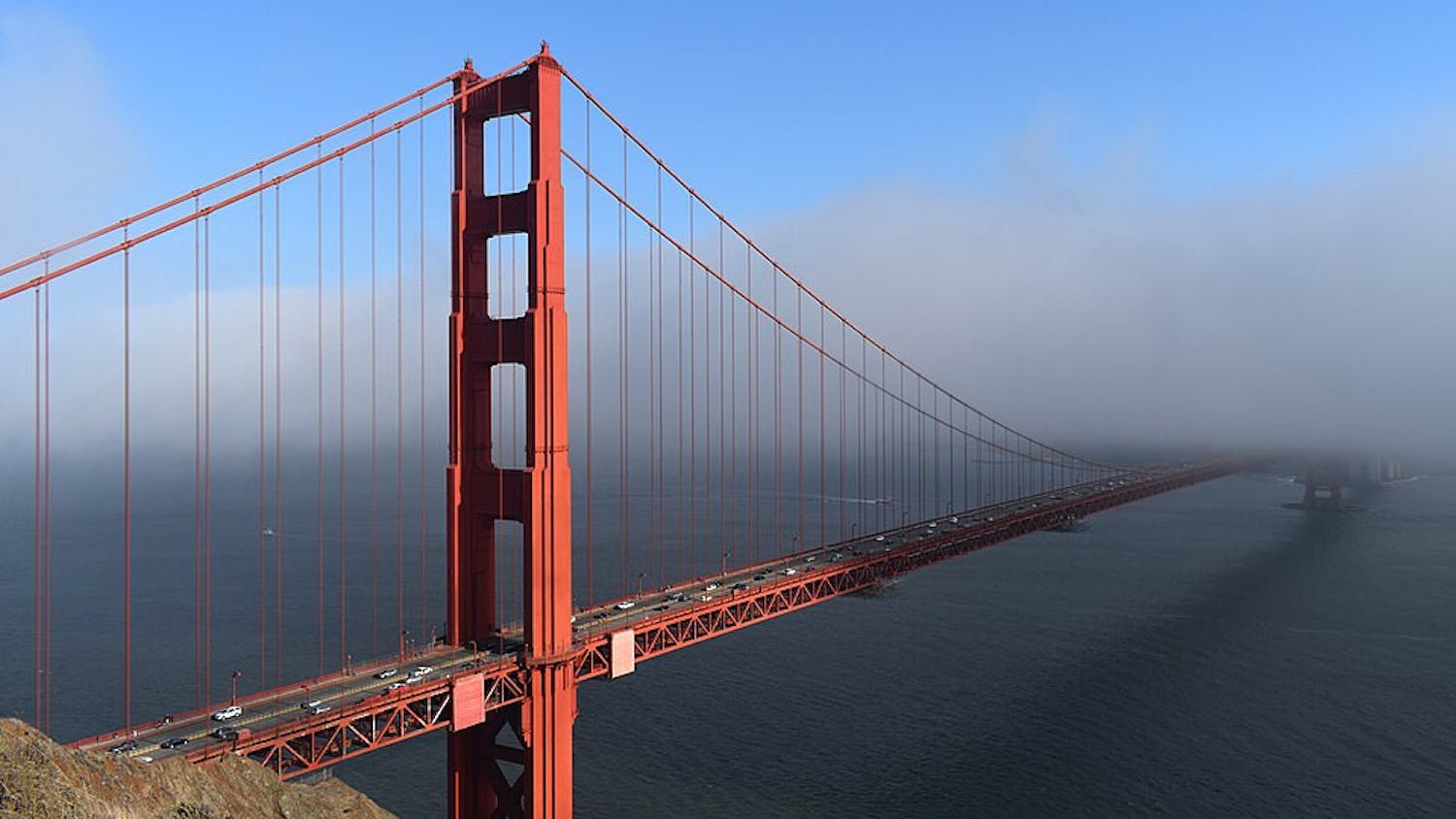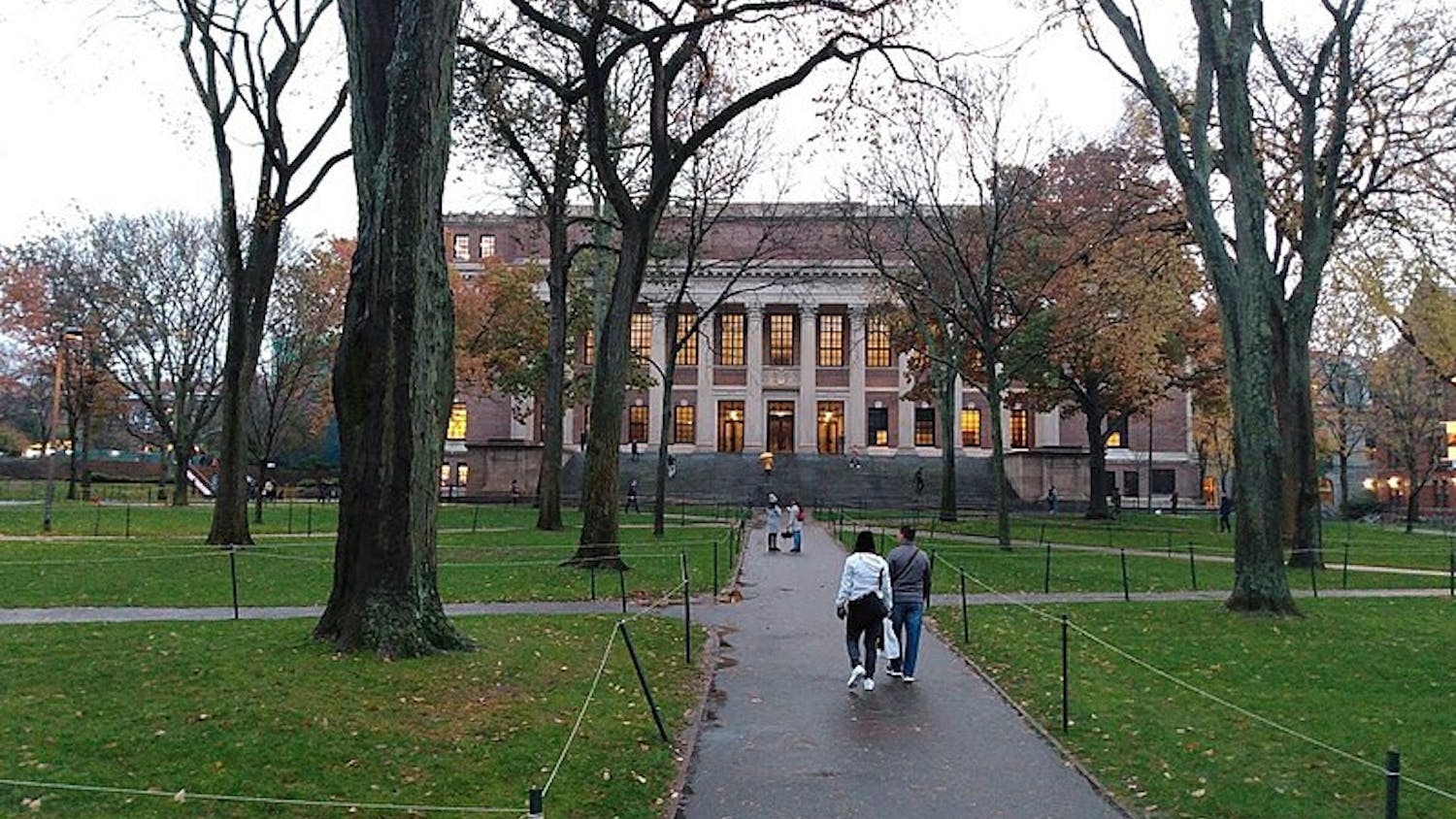By Eric Preisler
Staff Writer
President Donald Trump passed an executive order on Jan. 27 that created stricter entry to the United States among travelers and immigrants, particularly among those traveling to and from predominantly Muslim countries.
The halt was suspended on Feb. 3 by federal judge James Robart, after Washington and Minnesota declared the ban unconstitutional, BBC reported.
Travelers with visas from the previously banned nations will be allowed to legally enter the U.S. until the federal case has been heard, according to BBC.
The travel ban prevented travelers from Iran, Iraq, Syria, Sudan, Libya, Yemen and Somalia to enter the U.S. for 90 days, according to CNN.

A federal judge allowed emergency entry for people who had already arrived in the country (envato elements).
A federal judge allowed emergency entry for people who had already arrived in the country and for those with valid visas who were already in the process of traveling from those countries to legally enter the United States on the night of Jan. 28, CNN reported.
Trump’s executive action revoked about 100,000 visas and detained 100 to 200 people in airports across the country, The Guardian reported.
Trump said that “while there’s compassion to those fleeing oppression,” his first goal is to keep the nation safe, CNN reported.
Despite his intention, there has been widespread disapproval and protest against this recent action.
CNN reported that 47 percent favor Trump’s travel ban while 53 percent oppose it.
There is a significantly sharper divide politically on the issue of accepting Syrian refugees, with support from 73 percent of Democrats and 30 percent of Republicans, according to CNN.
Hundreds protested at airports in major cities across the country, such as New York City, Atlanta, Dallas and Seattle, CNN reported.
Rabbi Joel Mosbacher was one of the many rabbis, as well as 2,000 others, to protest in New York at John F. Kennedy Airport, according to the The Seattle Times.
“We know what it’s like to be a stranger. … As a person of faith, it was so important to be there,” Mosbacher said, according to The Seattle Times.
There has been disapproval of the travel ban from the United States Conference of Catholic Bishops, which leads the largest refugee resettlement program in the country, and the Orthodox Union, the largest association of American Orthodox Synagogues, according to The Seattle Times.
Despite several religious figures vocalizing their disdain for the executive order, some support it.
The Rev. Robert Jeffress, the leader of First Baptist Dallas felt that Trump was “fulfilling his God-given responsibility to protect this country,” according to The Seattle Times.
U.K. Prime Minister Theresa May and German Chancellor Angela Merkel spoke out against the executive order, according to CNN.
The same source reported that London Mayor Sadiq Khan called the ban “shameful and cruel.”
Canada Prime Minister Justin Trudeau tweeted that all refugees are welcomed in Canada, CNN reported.
The New York Times published Section 5 of the executive order, which states that Syrians are prohibited from entering the country until the U.S. Refugee Admissions Program has been revised.
Trump informed the Christian Broadcasting Network that he hopes to prioritize Christian refugees, according to The Seattle Times.
During upcoming months, Homeland Security and Secretary of State Rex Tillerson will determine which countries the U.S. will accept immigrants from in the future, according to The New York Times.










